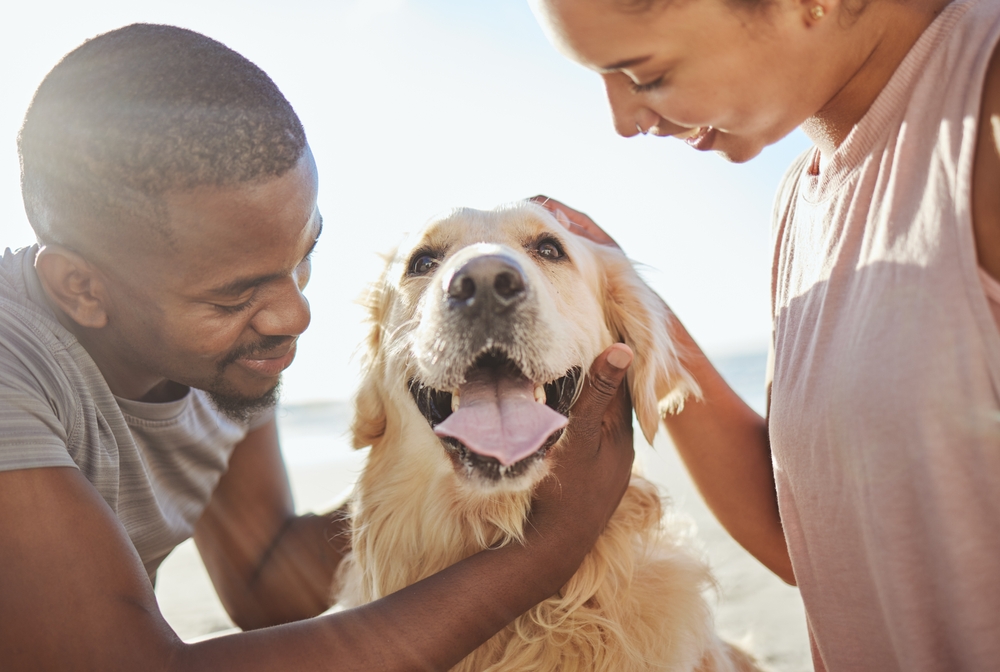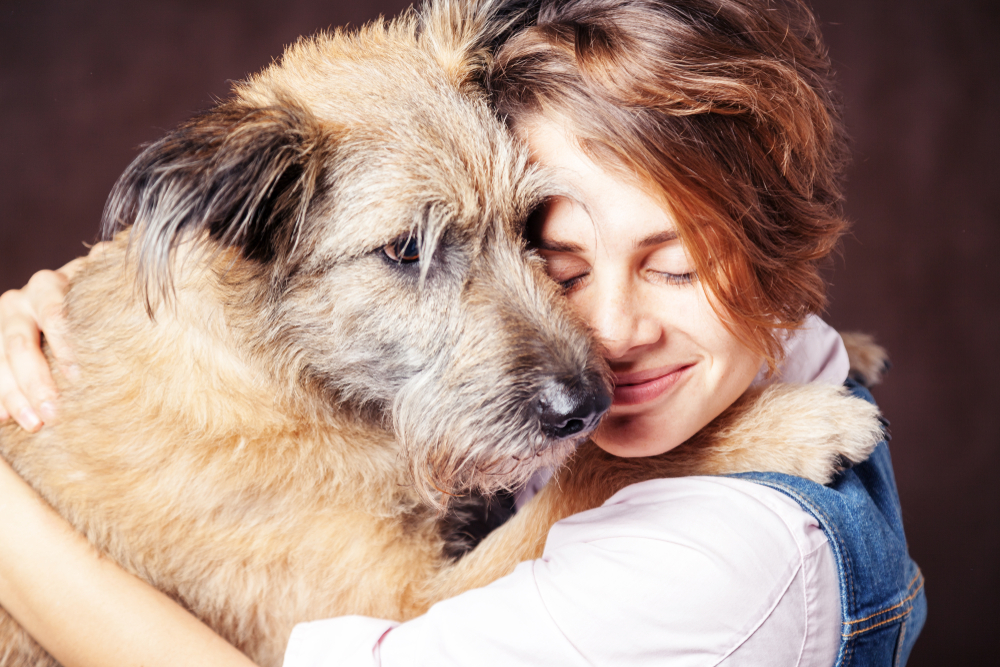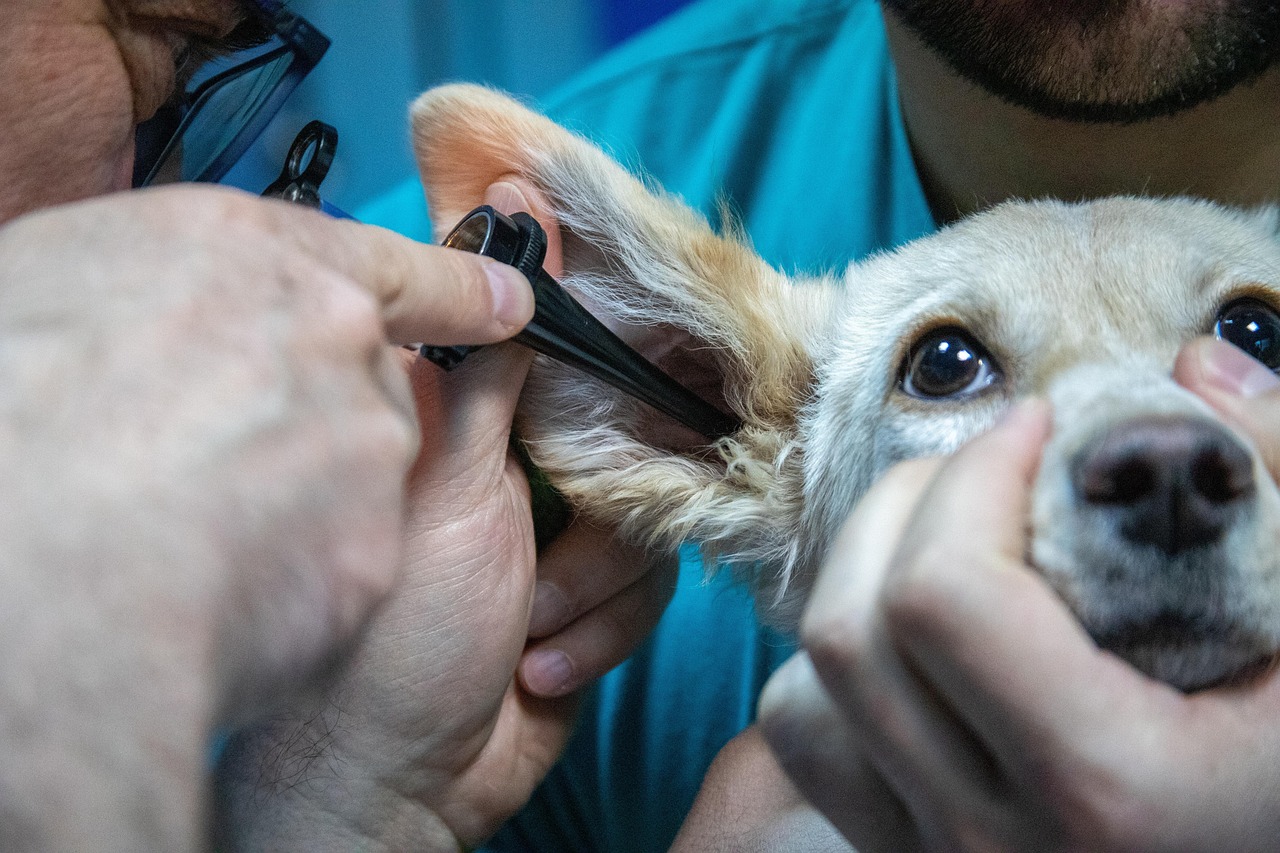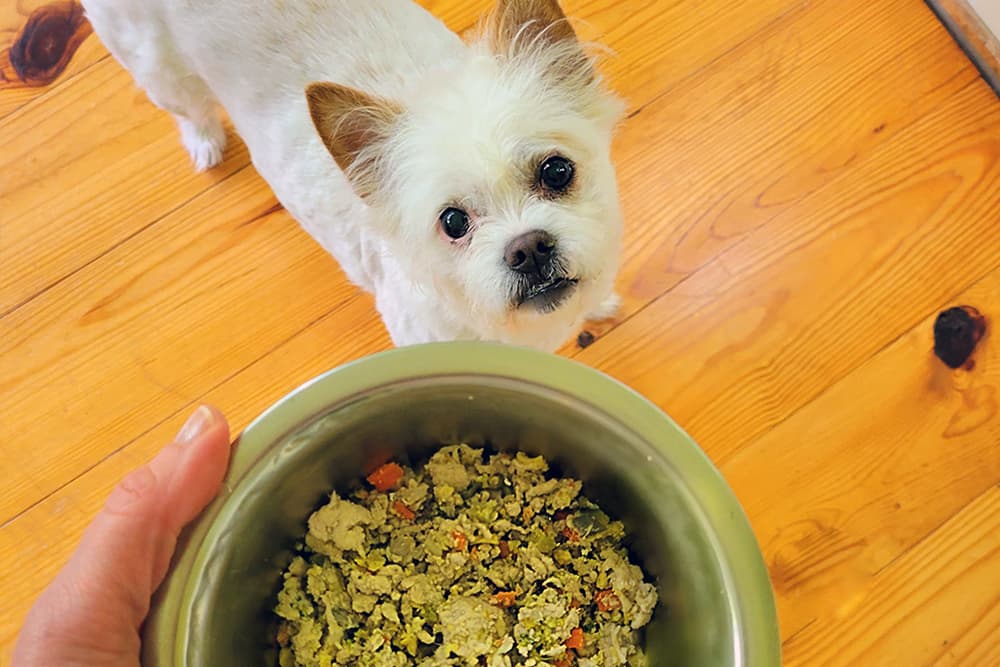Your Senior Dog at 7 To 9 Years
Updated on September 18, 2024

Midlife. A senior dog at 7 to 9 years old may be in their midlife. We welcome or dread it in our own lives, aware that our bodies aren’t what they used to be. Our pooches may not have the same awareness, but their bodies will experience many of the same changes. Between the ages of 7 and 9 years, dogs may begin to vary more widely in their physical and mental needs. While this period marks middle age in some dogs, others seem more elderly.
In general, larger dogs have shorter life spans than smaller dogs. Therefore, at this point in your dog’s life, it is wise to have a keen eye for potential health problems or changes in your dog’s needs and temperament. If caught early, many medical issues can be successfully treated or managed to help ensure she has an excellent quality of life in her golden years.
All featured products are chosen at the discretion of the Vetstreet editorial team and do not reflect a direct endorsement by the author. However, Vetstreet may make a small affiliate commission if you click through and make a purchase.
Your Senior Dog at 7 to 9 Years
If caught early, many medical issues can be successfully treated or managed to help ensure she has an excellent quality of life in her golden years. Here are some things to know and watch for in your senior dog at 7 to 9 years old.

Physical and Mental Development
Many dogs who might be viewed as elderly may still be quite active, thanks to improved nutrition, access to excellent veterinary care, and owners, like you, who are more educated about a dog’s needs. As with elderly people, there can be huge differences in the aging process among individual dogs. But a good benchmark is that a 7- to 9-year-old dog, depending on size and individual variation, is roughly equivalent to a 45- to 75-year-old person.
Remember, getting older is not a disease! It’s a natural part of life, and we all start to slow down over time. Just as you may notice a change in your own vision and hearing as you get older, your dog may also start to experience some of these changes. But don’t panic.
During the middle years, the changes usually are subtle. Regular veterinary visits can help keep track of your dog’s normal “baseline” so physical or mental changes can be detected early. Some changes are normal aging, whereas others can indicate illness. Your vet can help sort these out and recommend the best way forward for you and your pet.
Behavior Changes
At this age, dogs can benefit greatly from regular exercise, but you may notice that yours is becoming mellower. She may start to sleep more often and might respond to commands more slowly, or just take a little longer to spring into action than she did just a few years ago. These behavior changes are generally a normal sign of aging. However, you should still mention them to your veterinarian. They can also be signs of medical conditions that need to be addressed as your dog continues marching toward her golden years.
You may also notice, as your dog ages, that she exhibits anxiety behavior you thought she had shed after puppyhood. She may become increasingly fearful of storms and loud noises or show distress when you leave. This behavior change can be a natural part of aging, but it can also be a symptom of other health issues. Remember to discuss any behavior changes with your veterinarian.
Health and Nutrition
Middle-age weight gain — it’s the plague of a slowing metabolism, and dogs suffer from it just like we do. Obesity is one of the most common health complications as dogs get older, largely because owners don’t adjust food intake to meet their dog’s changing needs.
Pay attention to her weight and ask your veterinarian if you should reduce the amount of food she eats or wean onto a different diet. Cut out the table scraps, too (this was not a good habit to get into in the first place). As dogs age, they are increasingly likely to develop health issues that can be improved with specific diets. It isn’t one-food-fits-all, even for dogs of the same age or size. You should ask your veterinarian for feeding recommendations throughout your dog’s life stages.
Even if your dog is feeling fine, your veterinarian will want to begin including more screening and diagnostic tests during her checkups, in hopes of catching treatable problems early. As in people, many cancers and systemic illnesses are more common in aging dogs. More extensive diagnostics may be necessary to detect these conditions early or to monitor your dog’s health status. Routinely, blood, urine and feces will be examined. During middle age, your dog should visit the veterinarian at least twice a year for a routine physical examination and any necessary laboratory tests.
The right supplements can also help your senior dog live their best lives. Considering supporting your super senior with a chewable probiotic from Great Poop. Made in America without artificial ingredients, dogs love the chicken flavor. The value is a bonus because 120 chews can last up to four months. Always get advice from your veterinarian before adding supplements to your dog’s diet.
Pet Health Insurance Can Help
Unexpected veterinary bills can make caring for your pet challenging. Don’t let financial stress get in the way of making the best decisions for your pet. Pet health insurance can cover surprise costs such as veterinary visits, prescription medications, and life-saving procedures.
Review personalized options for your pet below:
Training Tips
You, indeed, can teach older dogs new tricks, but it might take a little longer. If you’re introducing something new, give it more time than you might have when she was younger. As dogs age, they are increasingly less tolerant of changes to their environment and routine. Be patient.
Oh, and remember, some dogs become increasingly forgetful as they age, even of commands they’ve always known. Spend time playing with your dog to provide mental stimulation as well as a simple review of common commands. And, as always, give her lots of lovin’!






